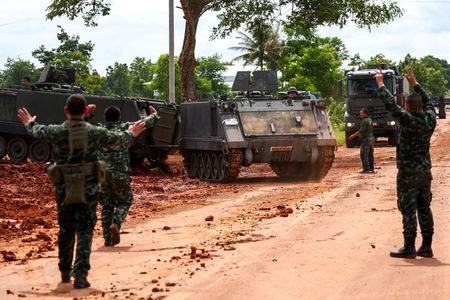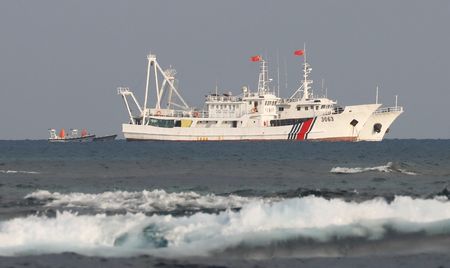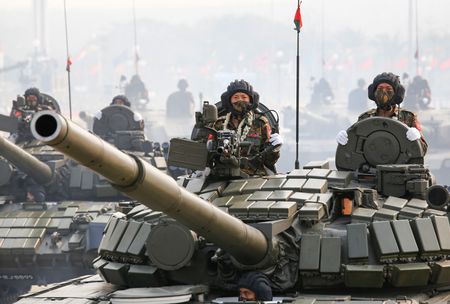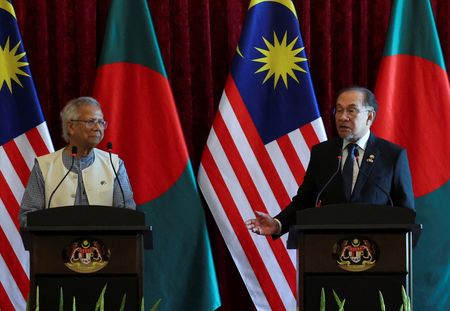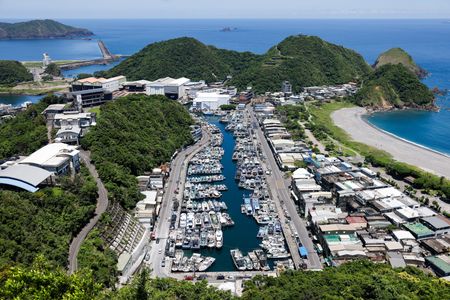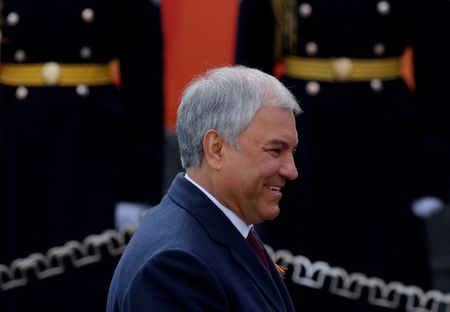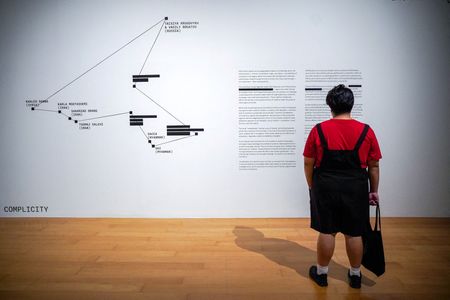BANGKOK (Reuters) -A Thai soldier was injured by a landmine near the Cambodian border on Tuesday, the Thai army said, days after the Southeast Asian neighbours agreed to a ceasefire following last month’s deadly five-day conflict.
The soldier’s left ankle was severely injured when he stepped on the mine while patrolling along a routine border route about 1 km (half a mile) from Ta Moan Thom temple in Thailand’s Surin province, the army said in a statement.
The soldier is being treated in hospital, it said.
The incident is clear evidence that Cambodia has violated the ceasefire as well as international agreements like the Ottawa Convention against landmines, Thai army spokesman Major-General Winthai Suvaree said in the statement.
Cambodia continues to covertly plant landmines, while the Thai army has consistently adhered to peaceful approaches and has not been the initiating party, the statement said.
“Should circumstances become compelling, it may be necessary to exercise the right of self-defence under international law principles to resolve situations that cause Thailand to continuously lose personnel due to violations of ceasefire agreements and sovereignty encroachments by Cambodian military forces,” the army said.
Cambodia rejected the Thai charges.
“Cambodia, as a proud and responsible State Party to the Ottawa Convention, maintains an absolute and uncompromising position: we have never used, produced, or deployed new landmines under any circumstances, and we strictly and fully honour our obligations under international law,” the defence ministry spokesperson said in a post on social media.
It was the fourth time in a few weeks that Thai soldiers have been injured by mines during patrols along the border. On Saturday, three soldiers were injured by a landmine in an area between Thailand’s Sisaket and Cambodia’s Preah Vihear provinces.
Two earlier incidents led to the downgrading of diplomatic relations and triggered the clashes.
Bangkok has accused Cambodia of planting landmines on the Thai side of the disputed border that injured soldiers on July 16 and July 23.
Thailand and Cambodia have bickered for decades over undemarcated points along their 817-km (508-mile) land border, with ownership of the ancient Hindu temples Ta Moan Thom and the 11th-century Preah Vihear central to the disputes.
The latest clashes that started on July 24 were the worst fighting between the countries in more than a decade, and involved exchanges of artillery fire and jet fighter sorties that killed at least 43 and left over 300,000 people displaced on both sides.
The fragile ceasefire has been holding since Thailand and Cambodia agreed last week to allow observers from the Association of Southeast Asian Nations to inspect disputed border areas, ensuring that hostilities do not resume.
(Reporting by Orathai Sriring, Panarat Thepgumpanat and Napat Wesshasartar; Editing by David Stanway and Raju Gopalakrishnan)

